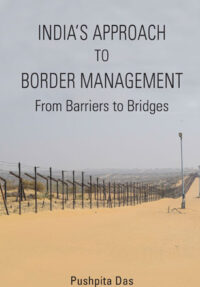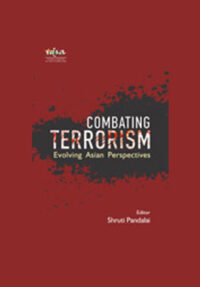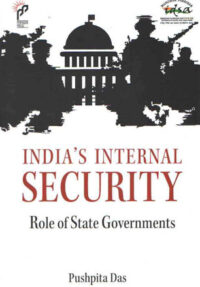Import of 9/11 Against Beslan Backdrop
Beslan, till recently an unknown small town in Russia, has become the latest ‘victim-symbol’ in the global pattern of terrorist violence. The manner in which innocent young children were slaughtered on September 3 marks a reprehensible low even by the standards of the terrorist. The death toll at the time of writing this comment is in excess of 350 and still climbing. The shocking and gruesome Beslan images that repeatedly screamed across millions of television screens the world over were reminiscent of the enormity of 9/11 three years ago.
- C Uday Bhaskar
- July 2004









